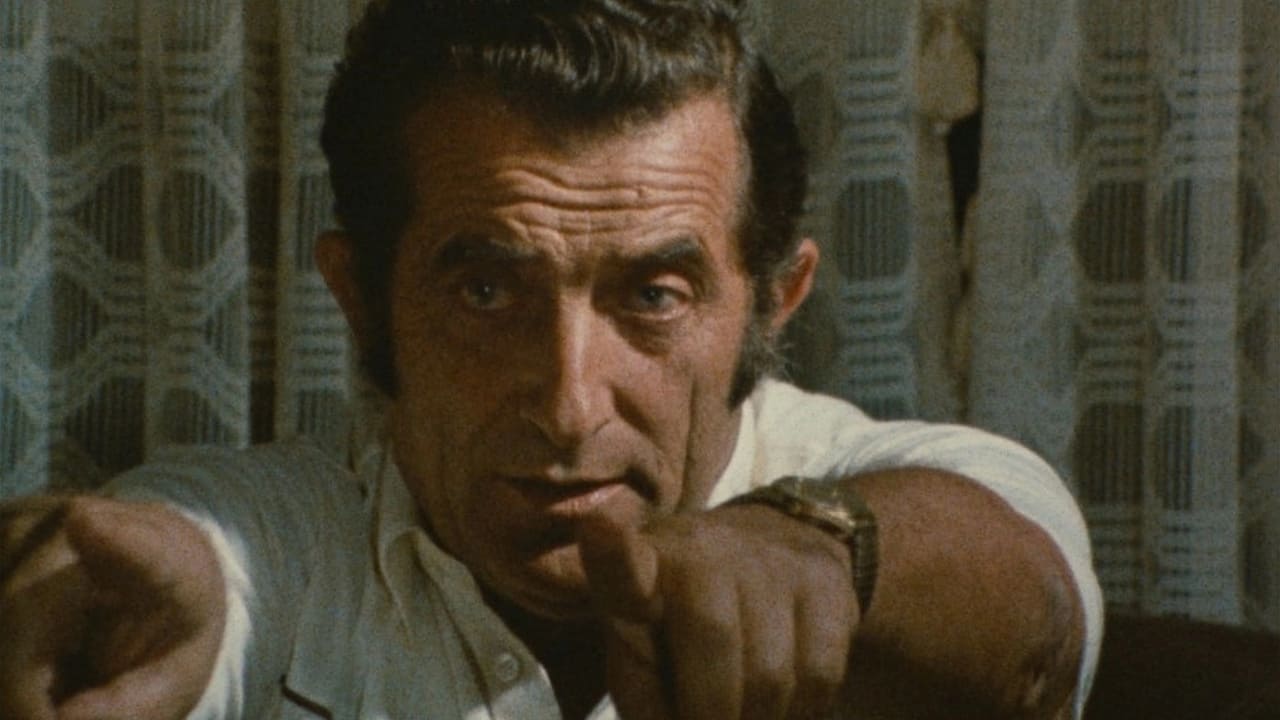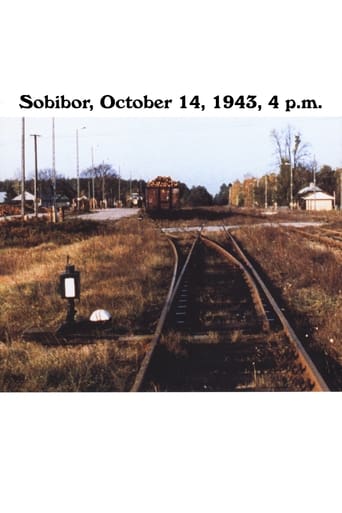ReaderKenka
Let's be realistic.
Cleveronix
A different way of telling a story
Cissy Évelyne
It really made me laugh, but for some moments I was tearing up because I could relate so much.
Sindre Kaspersen
French professor, film editor and director Claude Lanzmann's fifth documentary feature, premiered in the Out of competition section at the 54th Cannes International Film Festival in 2001, was screened in the Forum section at the 52nd Berlin International Film Festival in 2002, was shot on locations in Belarus and Poland and is a French production which was produced by producer Pascal Caucheteux. It tells the story about a Polish-Jewish man named Yehuda Lerner and his experiences in World War II. Distinctly and subtly directed by French filmmaker Claude Lanzmann, this quietly paced documentary which is narrated by the filmmaker, mostly from the interviewees' point of view and translated by French author, lecturer and researcher Francine Kaufmann, draws a telling portrayal of Jewish ghettos and prisoner of war camps in Minsk, Belarus and a journey which started there. While notable for its atmospheric milieu depictions and distinct cinematography by French cinematographers Caroline Champetier and Dominique Chapuis, this narrative-driven story reflects upon what happened one day at a place called Sobibor in Poland seventy-one years ago. This historical testimony of real events which took place during the Second World War in the early 1940s, which is set in the 21st century in Belarus and Poland and which contains interviews conducted by the French filmmaker in the late 1970s which originally was intended to be used for another work which was released in the mid-1980s, is impelled and reinforced by its cogent narrative structure, rhythmic continuity and the telling scene of gesses. A silently informative documentary feature.
vernetto
I am afraid it take a lot more to make a movie, than passing an hour interview with a fixed close up, plus two excruciatingly boring introduction and conclusion. Also the account contains details which are difficult to believe, mainly that the protagonist managed to escape 7 times and was caught 7 times and never killed.With all my respect to the protagonist and admiration for him, the documentary could hardly be technically poorer. I would rather suggest the movie "Escape from Sobibor", which is really accurate in details, or the excellent and breathtaking book "From The Ashes of Sobibor" by Thomas Blatt, another participant to the Sobibor insurrection.
xenon-22
I think that Lanzmann spoiled a good story: too much text at the beginning of the movie, an endless introduction, a mutilated translation from Yiddish to French... I don't know Yiddish, but you can easily guess that's impossible for the translator to summarize in a sentence two minutes of talk. So what did, in fact, Lerner say, always smiling, even when he was telling horrible things?Lerner's testimony is not convincing either, at least for me. Something in the way he stands in front of the camera makes me wonder if he is telling all the truth. I disagree with the person that spoke about his "modesty": on the contrary I think he is anxious to portray himself as a hero.I felt relieved when the movie finished and naturally I couldn't endure the long, long list of trains that Mr. Lanzmann delightedly recited for five minutes, I guess. A true disappointment.
guiguil
It is a fixed shot of Yehuda Lerner telling how he succeeded to escape from the Extermination camp of Sobibor. The sober way of this documentary keep the emotion of that simple man heroic action. The first time I saw this documentary I was dazzled by the modesty of Yehuda Lerner in regard to his heroic action. He says anyway he was already dead so why not trying to escape (he escaped many times from concentration camp before the extermination camp of Sobibor) and that he had a good star.Besides this great lesson of fighting of life of this kid (he was only 16), we learn how was managed an extermination camp and we have a lot of details that give us an idea how it was. We understand too how difficult it was for jewish population and others extermined people to fight against Nazi. People could not believe they were getting extermined and they didn't know they had to organised themselves against that and moreover it is difficult to fight when you are not a soldier or a political militant. You can see that in the beautiful movie Roman Polanski's The Pianist.It is a must see movie because it is about the only (or one of the only) succeeded escaped from extermination camp.

